Related Research Articles
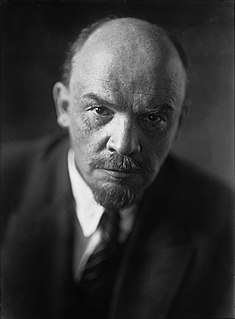
Leninism is a political ideology developed by Russian Marxist revolutionary Vladimir Lenin that proposes the establishment of the dictatorship of the proletariat led by a revolutionary vanguard party, as the political prelude to the establishment of communism. The function of the Leninist vanguard party is to provide the working classes with the political consciousness and revolutionary leadership necessary to depose capitalism in the Russian Empire (1721–1917). Leninist revolutionary leadership is based upon The Communist Manifesto (1848) identifying the communist party as "the most advanced and resolute section of the working class parties of every country; that section which pushes forward all others." As the vanguard party, the Bolsheviks viewed history through the theoretical framework of dialectical materialism, which sanctioned political commitment to the successful overthrow of capitalism, and then to instituting socialism; and, as the revolutionary national government, to realize the socio-economic transition by all means.

Ruskin College, originally known as Ruskin Hall, Oxford, is an independent educational institution in Oxford, England. It is named after the essayist, art and social critic John Ruskin (1819–1900) and specialises in providing educational opportunities for adults with few or no qualifications. The college formerly had links with the University of Oxford. Degrees taught at Ruskin are awarded by the Open University. The college plans to merge with Activate Learning from July 2021.

The Independent Labour Party (ILP) was a British political party of the left, established in 1893, when the Liberals appeared reluctant to endorse working-class candidates, representing the interests of the majority. A sitting independent MP and prominent union organiser, Keir Hardie, became its first chairman.
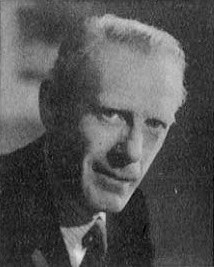
James Francis "Frank" Horrabin was an English socialist and sometimes Communist radical writer and cartoonist. For two years he was Labour Member of Parliament for Peterborough. He attempted to construct a socialist geography and was an associate of David Low and George Orwell.
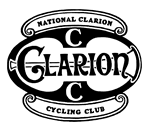
The National Clarion Cycling Club is a British cycling club founded in 1894, and which retained strong links with the labour movement through the 20th century. At its peak, in 1936, it had 233 UK sections and 8,306 members. In 2021, it replaced its “support for the principles of socialism” with support for “fairness, equality, inclusion and diversity”. Today it has some 30 member sections across Great Britain and over 1,900 members.
The Plebs' League was a British educational and political organisation which originated around a Marxist way of thinking in 1908 and was active until 1926.
The Central Labour College was a British higher education institution supported by trade unions. It functioned from 1909 to 1929. It was established on the basis of independent working class education.
Mark Starr was a British American labor historian and pedagogue. For 25 years he was educational director of the International Ladies Garment Workers Union.
Henry Paul William Lyster Jameson was a zoologist, who studied pearl-formation. He also made contributions to speleology and encouraged the study of psychology in adult education.

The Communist Party of Great Britain (CPGB) was the largest communist party in Great Britain between 1920 and 1991. Founded in 1920 through a merger of several smaller Marxist parties, the CPGB gained the support of many socialist organisations and trade unions following the political fallout of the First World War and the Russian October Revolution. Ideologically the CPGB was a socialist party organised upon Marxism–Leninist ideology, strongly opposed to British colonialism, sexual discrimination, and racial segregation. These beliefs led many leading anti-colonial revolutionaries, feminists, and anti-fascist figures, to become closely associated with the party. Many prominent CPGB members became leaders of Britain's trade union movements, including Jessie Eden, Abraham Lazarus, Ken Gill, Clem Beckett, GCT Giles, Mike Hicks, and Thora Silverthorne.
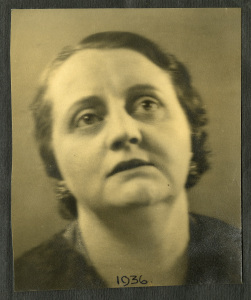
Winifred Horrabin, née Batho (1887–1971), was a British socialist activist and journalist.
In the context of the theory of Leninist revolutionary struggle, vanguardism is a strategy whereby the most class-conscious and politically advanced sections of the proletariat or working class, described as the revolutionary vanguard, form organizations in order to draw larger sections of the working class towards revolutionary politics and serve as manifestations of proletarian political power against the bourgeois.
James Millar (1893–1989) was a Scottish working-class educationalist of the twentieth century.
Frederic Albert Casey was a working class socialist educationalist who was active in the National Council of Labour Colleges.
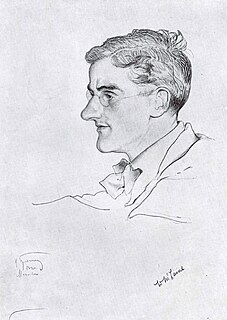
William McLaine (1891–1960) was an engineer, Marxist and trade union activist.

Far-left politics in the United Kingdom have existed since at least the 1840s, with the formation of various organisations following ideologies such as Marxism, revolutionary socialism, communism, anarchism and syndicalism.
Mary Jane Bridges-Adams was a British educationalist, socialist, and activist. She campaigned for free, compulsory, secular education for all and for free school meals.
William Craik was an educationalist who was a promoter and practitioner of Independent working class education (IWCE). He participated in the strike at Ruskin College in 1909. Following the failure of the strike, he then played a major role alongside George Simms in the use of the Plebs Magazine in advocating the foundation of the Central Labour College as an educational established which saw workers education as a political process.
Independent working class education is an approach to education, particularly adult education, developed by labour activists, whereby the education of working-class people is seen as a specifically political process linked to other aspects of class struggle. The term, abbreviated to (IWCE), is particularly linked to the Plebs' League.
References
- ↑ Millar, JPM (1979). The Labour College Movement. London: NCLC Publishing Society.
- 1 2 Peter Jarvis, An International Dictionary of Adult and Continuing Education, pp.139, 218
- ↑ Encyclopedia of British and Irish Political Organizations, Peter Barberis, John McHugh and Mike Tyldesley (2000) p157
- ↑ J. P. M. Millar (November 1936). "Something Never Done Before". The Clarion Cyclist. Vol. 1 no. 5. Retrieved 23 December 2020– via issuu.